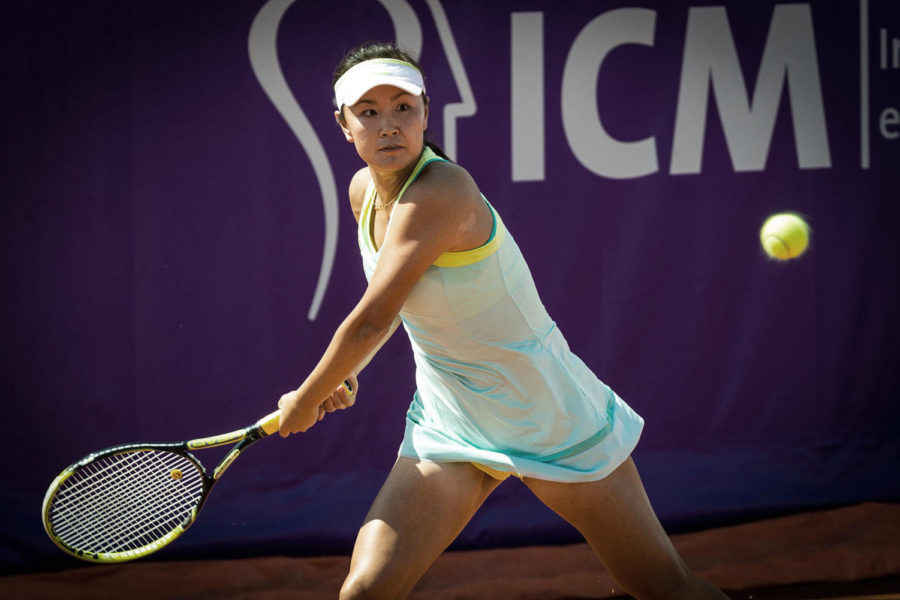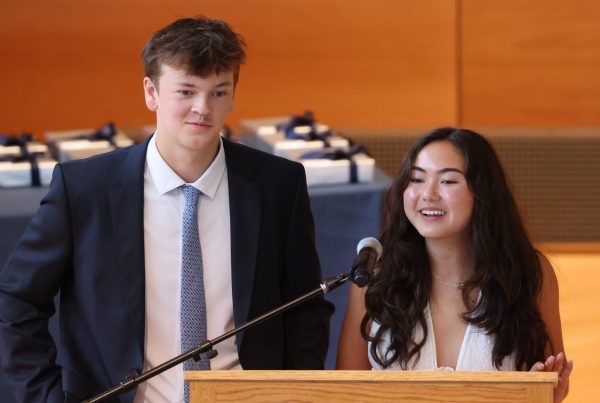Peng Shuai and #MeToo Movement
After publicly accusing the former Vice Premier of China, Zhang Gaoli, of sexual assault, professional Chinese tennis player Peng Shuai disappeared from public view for 18 days. Her silence immediately alarmed the international community as the Women’s Tennis Association (WTA) tried to confirm that she was safe.
On November 2, Peng Shuai revealed on the Chinese microblogging site, Weibo, that Zhang Gaoli had invited her to his house three years prior and sexually assaulted her. Within twenty minutes, Chinese internet censors took down her post and blocked search results of her name, according to the New York Times. A near-blackout of her social media occurred the following day. Peng Shuai did not post on social media again following her initial post, garnering great concern from the international community about her safety. Two weeks later, the Chinese state media released an email allegedly written by Peng Shuai stating that she was fine and at home resting. This email raised extreme skepticism in the global community, causing international organizations to take steps to address Peng Shuai’s absence from public view. The United Nations, as well as President Joe Biden, have called on Chinese authorities to give proof of the whereabouts of Peng Shuai, and the WTA has announced an immediate suspension of all tournaments in China due to the uncertainty over her safety.
The CEO of the WTA, Steve Simon, put forth a statement accusing China of responding to Peng Shuai’s accusations of alleged sexual assault with censorship, coercion, and intimidation. Simon said, “Obviously, she displayed tremendous courage going public, [and] now we want to make sure we’re moving forward to a place where a full and transparent investigation is conducted. Anything else, I think, is an affront to not only our players but to all women.”
Gibson Werner ’24 commented on the implications of government censorship. He said, “The inability for the government to provide accurate news and information for its citizens builds mistrust between the government and the people.”
Peng Shuai’s accusations against Zhang Gaoli revived the already present #MeToo movement in China. In 2018, Zhou Xuan Xuan accused prominent television personality Zhu Jun of sexual harassment. However, her case was dismissed this year due to insufficient evidence. Dismissal of sexual assault and harassment cases has been seen multiple times over the past decade. Women supporting others on their claim, such as Huang Xueqin, who publicly supported a woman who accused a professor of sexual assault, and Wang Jianbing, who helped women report sexual harassment cases, have been detained in the past. Isabella Wei ’23 said, “I hated how the media called [Peng Shuai] a perfect victim because of how articulate she is and how outspoken and influential she is in China. And even though she did bring attention to the event, I hated it because that brings this level of separation to who can provide an impact versus those who can’t. It’s sad to see that because it means there are limits to where the #MeToo movement can go in China.”
Updates on Peng Shuai are greatly anticipated by people worldwide in the following weeks.





